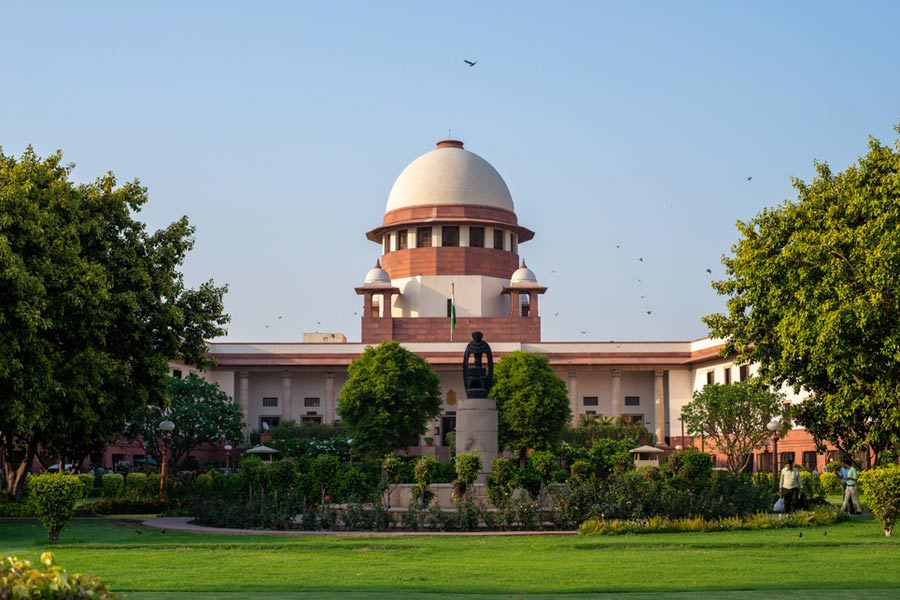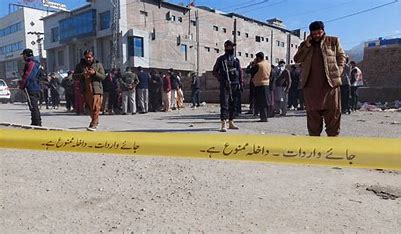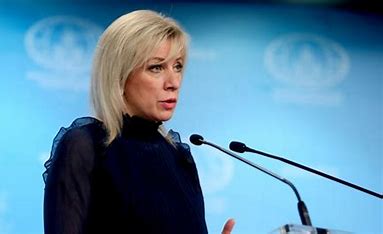
The Supreme Court has issued a directive to include a woman judicial officer in a committee tasked with assessing the safety and conditions of women prisoners in each district of West Bengal. The bench, comprising justices Hima Kohli and Ahsanuddin Amanullah, also instructed the committee to include superintendents of women’s jails wherever possible.
The purpose of including a senior female judicial officer in the committee is to ensure a fair evaluation of security measures, hygiene standards, healthcare infrastructure, and overall welfare of women prisoners in jails and barracks across each district.
This directive comes in response to recent developments regarding women becoming pregnant while in jails in West Bengal. According to an affidavit filed by amicus curiae and senior advocate Gaurav Agarwal, there have been allegations of women getting pregnant in jails in the state. The affidavit revealed that in the last four years, 62 children were born in West Bengal jails, with most women prisoners already pregnant when brought in, or they became pregnant while on parole and returned to jail expecting a child.
In light of these concerns, amicus curiae recommended various prison reforms and suggested that the senior-most female judicial officer in each district assess the security measures and welfare facilities in women’s jails. He also proposed examining the availability of female personnel for security and welfare purposes, ensuring regular health check-ups for women prisoners, and strengthening healthcare infrastructure in jails for women.
Amicus also highlighted his discussions with jail authorities in Rajasthan, Haryana, and Delhi, where he learned that female jails have only female officials, with male personnel restricted to the periphery and gates. Men are not allowed inside women’s jails except when necessary, such as for medical visits or when accompanied by a female guard.















